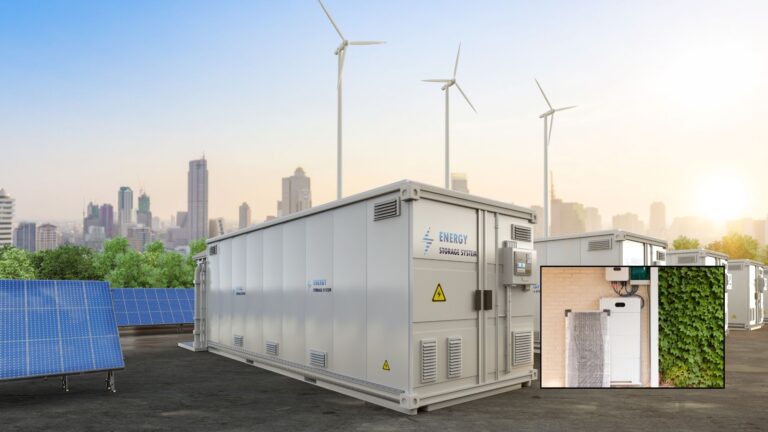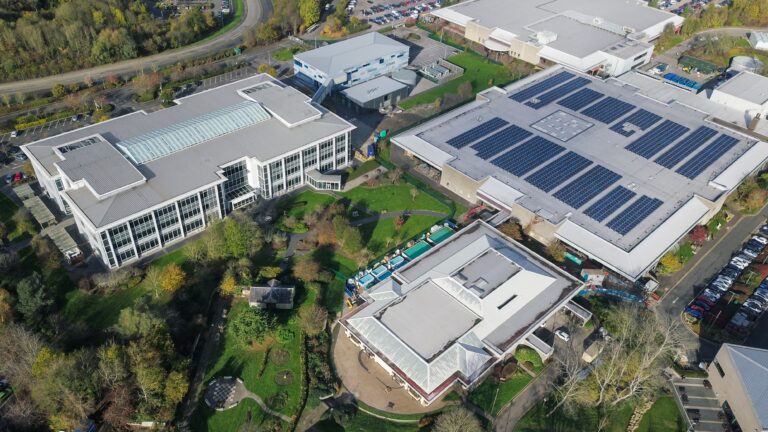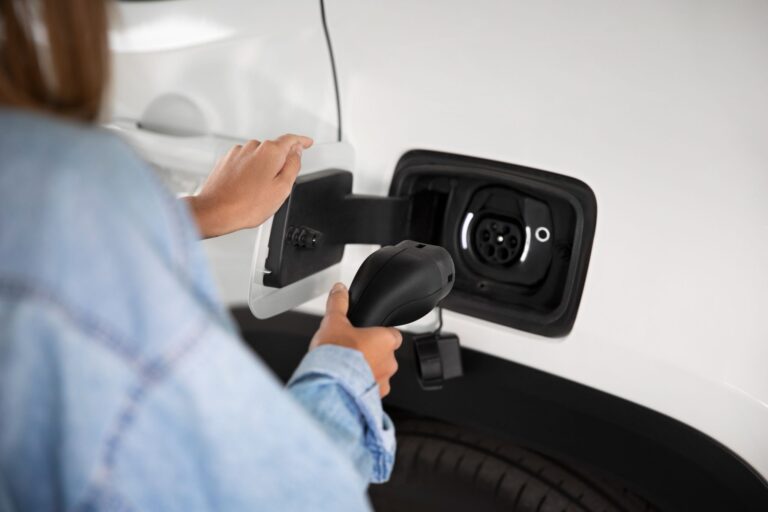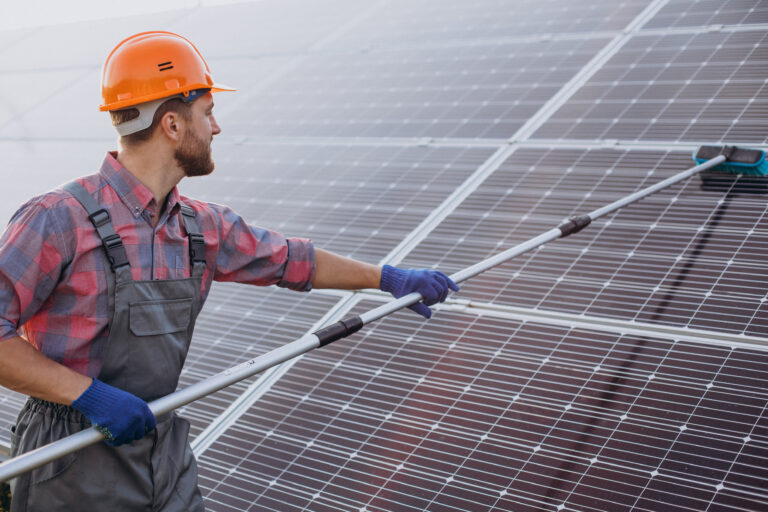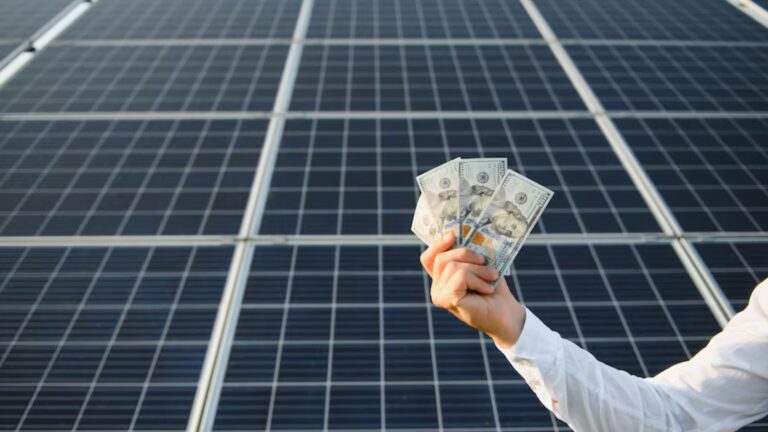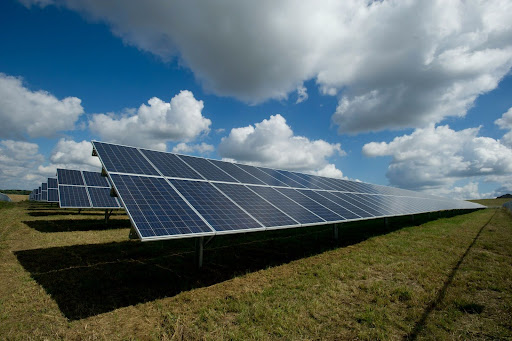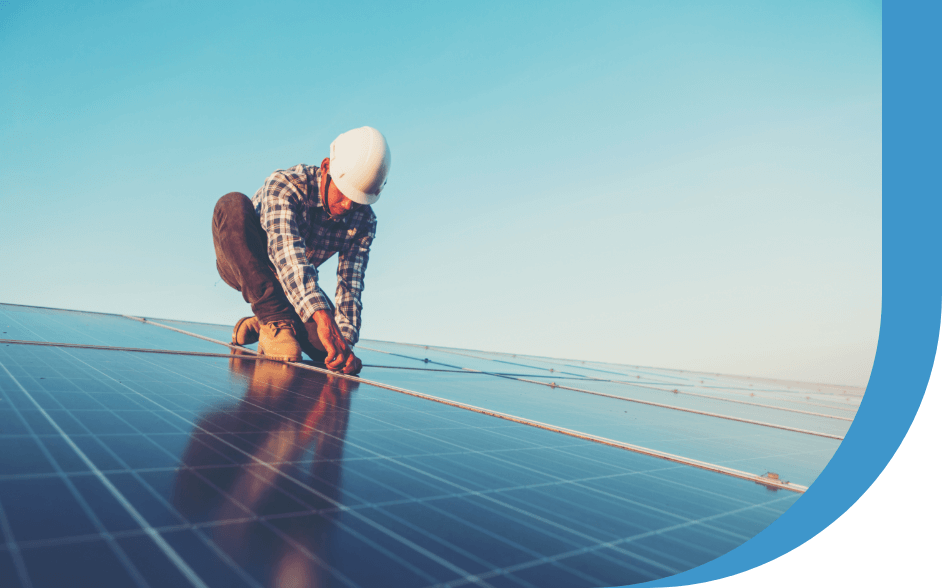Latest articles
FAQs
We’ve put together some of the most common questions we get asked regarding Solar PV, EV charging, battery storage and related topics.
What is an Immersion Diverter?
An immersion diverter works in a similar way to a battery system by diverting excess energy which would otherwise be exported to the grid for a small reward. Immersion diverters take this excess energy and energise the heating element of a water tank, so you have the benefit water heated by the sun!
Can I have home battery storage without solar panels?
Yes indeed. This is known as an AC coupled system, as there would be no DC solar element as part of this system. See our article on the differences between AC and DC coupled systems for more information.
How much does it cost to charge a car at home?
This depends on the unit rate of electricity at the time of charging. If a car has a 90 kWh battery, then charging at a typical rate of 33p per kWh means it will cost around £14.85 to charge the car by 50%. EV energy tariffs are a great way to save money, to carry out the same charge whilst on an EV tariff rate of £0.07 per kWh, means the cost is instead just £3.15!
How long does it take to charge a car at home?
This greatly depends on the type of charger that you have installed at your home, as EV chargers have different charge rates. It’s also important to check the rate of charge that your car can accept.
What capacity car charger can I install at home?
See this article for an overview of home EV charging methods.
